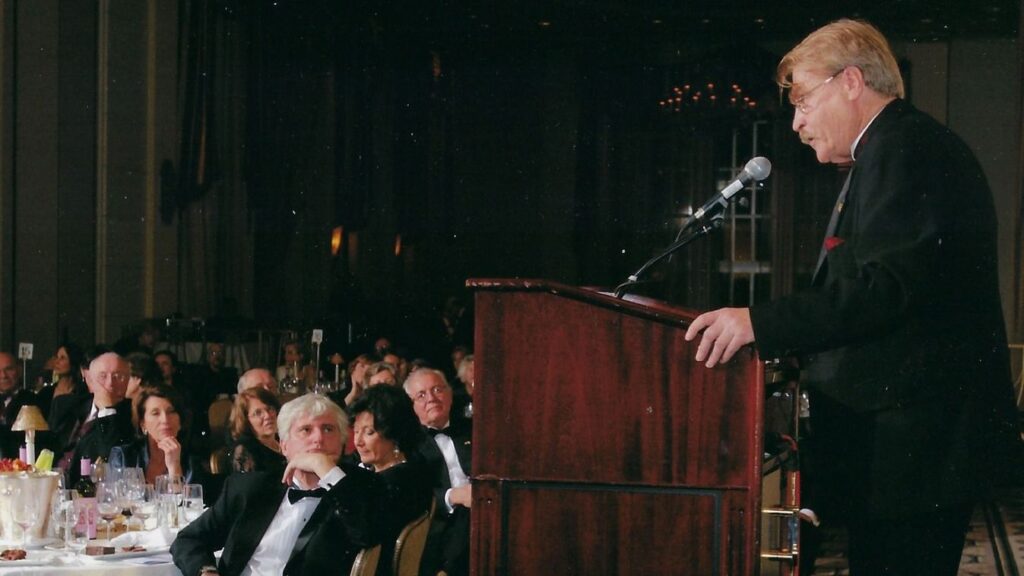Reading what liberal politicians happen to be saying these days has convinced me that the saying “show me how you speak and I’ll tell you who you are” is an absolute truth.
Naturally, the language people speak has always set them apart, in terms of region, class and identity. That is nothing new in this phenomenon. People from various parts of Hungary speak with different accents, and use different idiomatic expressions. Budapesters have developed their own slang throughout the centuries, with a “Budapestese” jargon that is rich in words and expressions of German, Yiddish and Gypsy origin. In pre-First World War and also in interwar Hungary, the language people spoke clearly denoted their social status.
However, with the advent of globalization, mass media and the progressive dream of an egalitarian and just society, language has become more uniform.
Many politicians painstakingly make efforts to speak like “common people”, virtue signaling the fact that they are one of them. At the same time, certain terms have been labeled as unacceptable and sentenced to total eradication. Political correctness has permeated the way we speak, and to a large extent, that is something we can applaud. The use of offensive terms in relation to people’s race, ethnicity, sexual orientation or physical appearance is indeed something that decent people avoid doing. Especially, one would think, the self-appointed most decent of all, that is progressive liberals.
Yet, it seems that elected Hungarian leaders on the liberal end of the political spectrum hold others to a different standard than themselves. What is particularly stunning is that some of them engage in “speech crimes” that they would not hesitate to loudly denounce should their opponents commit them. Although the neo-Nazi-turned-liberal Jobbik president is an obvious example, with his mind-bogglingly primitive and utterly disrespectful rhetoric, I will spare the reader a list of his repulsive utterances. I will instead focus on some recent remarks by the blue-eyed boy of the opposition, Budapest mayor and prime ministerial hopeful Gergely Karácsony.
Karácsony is the darling of old ladies. ‘Isn’t he sweet?’, I overheard many say. With his schoolboy looks and hesitant smile, he comes across as a gentle-mannered, cultured man, who is far above the lower echelons of brutish politics.
Let us now put aside the fact that he is not as erudite as he pretends to be – the PhD he has repeatedly claimed to have has turned out to be non-existent. Let us also mercifully not touch upon his less-than-impressive track record as a politician. Let us also not enumerate his several political turnarounds and betrayals. These dimensions of his persona already reveal what an utter sham he is, but what is even more tell-tale is how he speaks about his opponents.
Just a few weeks ago, Karácsony called Viktor Orbán fat and short in an interview with The Economist. What Karácsony suggested, half-jokingly, was that he is superior to the current prime minister not only morally, but also in appearance.
The analysis of the opposition’s obsession with Orbán would deserve an entire book,
as well as its absolute lack of scruples when it comes to smearing him. Lately, the hobbyhorse of his opponents is ridiculing him for his looks. Karácsony is no exception. In a quintessentially politically incorrect fashion, he held up the PM’s excess kilos and his being short in stature, juxtaposed with his own slender figure and his tallness. As if being skinny and tall were absolute values in themselves! Holy cow, would I exclaim if I were naive. Where are all the virtue signaling social justice warrior hiding, why do they not come forward to resolutely condemn such fat-shaming and heightism?
Of course, Orbán is regularly “diagnosed” by amateur psychologists who detest him as having dictatorial inclinations because of his shortness. Hitler was short, and so was Mussolini, they declare. Well, along that logic, I could say that last time I checked, Gandhi was short and Buddha was fat. So that makes Orbán a spiritual leader advocating for non-violence, doesn’t it?
But absurdities aside: it is rather revealing about the character of the opposition’s “final ace” how he chose to speak about his adversary. He is not what he pretends to be. The pretty façade behind which he likes to hide is steadily crumbling, and hopefully, the Hungarian public notices.








